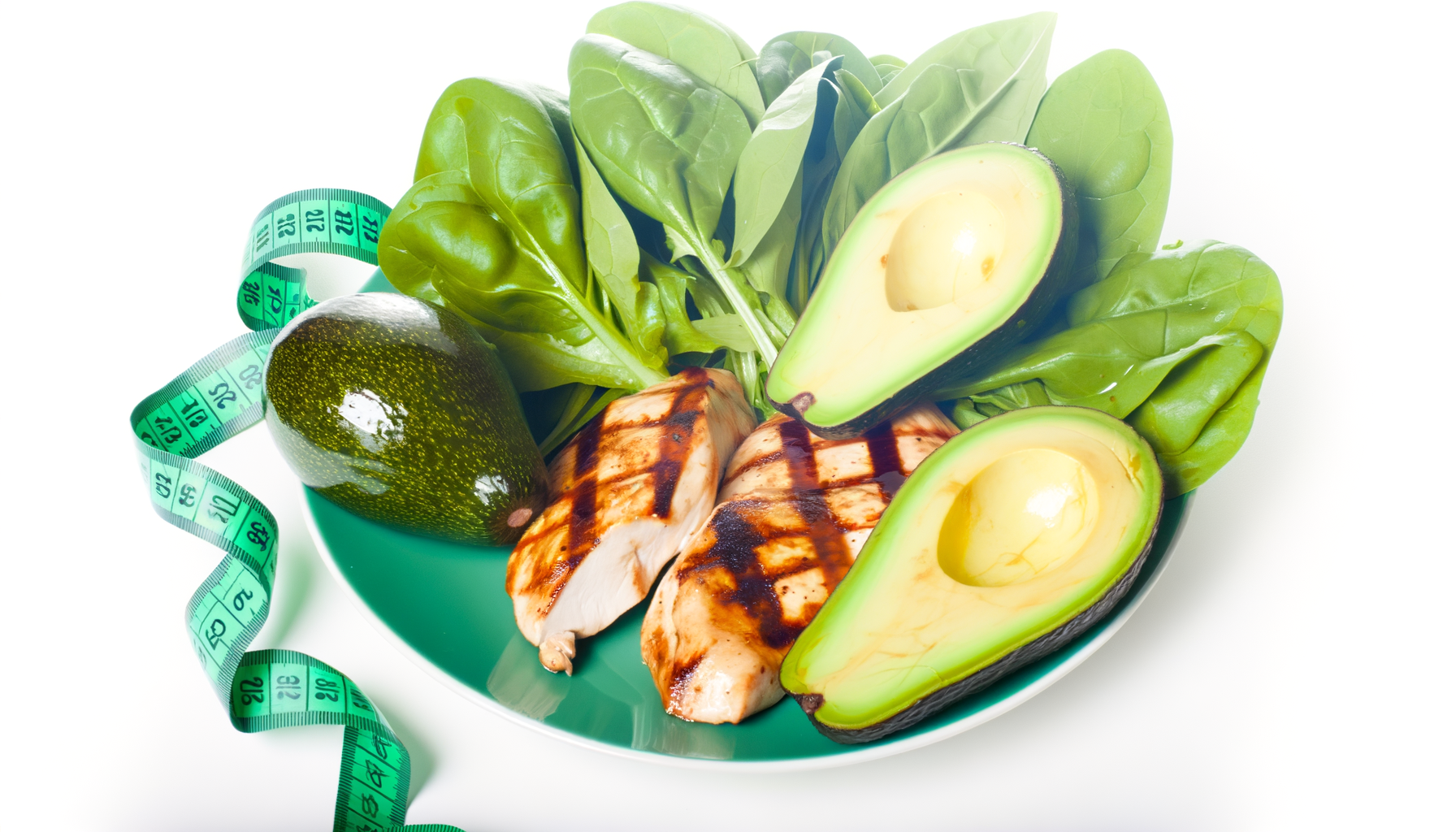The Role of Calorie Awareness in Addiction Recovery Fitness Programs
Integrating Calorie Awareness into Addiction Recovery Fitness Programs
Addiction recovery is a multifaceted process that requires a holistic approach, encompassing physical, mental, and spiritual well-being. Two crucial components of this journey are nutrition and exercise, with calorie awareness playing a pivotal role in rehabilitation fitness programs. Here, we delve into the importance of calorie awareness and how it can be effectively integrated into addiction recovery fitness programs.
The Impact of Addiction on Nutritional Health
Substance abuse often leads to significant nutritional deficiencies due to poor dietary habits, malabsorption, and the metabolic demands of processing drugs and alcohol. Individuals in recovery often start with a serious nutritional deficit, which can hinder the healing process.
To address this, nutrition counseling is essential. It involves creating personalized dietary plans that focus on restoring physical health, managing withdrawal symptoms, and addressing co-occurring eating disorders. A balanced diet rich in essential nutrients, including good quality proteins, healthy fats, and complex carbohydrates, as well as vital vitamins and minerals, is crucial for brain recovery and long-term sobriety.
The Role of Calorie Awareness in Recovery
Calorie awareness is a critical aspect of nutrition counseling in addiction recovery. Understanding the caloric needs of the body helps in replenishing depleted nutrients and supporting overall health. Here are some ways calorie awareness can be integrated into rehabilitation fitness programs:
**Personalized Caloric Intake**: Nutritionists can assess the individual's nutritional needs and develop a tailored meal plan that meets their specific caloric requirements. This ensures that the body receives the necessary energy to support physical and mental recovery[5>.
**Balanced Macronutrients**: A diet that balances proteins, fats, and carbohydrates is essential. For example, adequate protein intake helps repair organs damaged by substance abuse, while healthy fats support brain function and complex carbohydrates provide sustained energy[5>.
**Monitoring Progress**: Regular monitoring of caloric intake and nutritional progress helps in adjusting the diet plan as needed. This ensures that the individual is meeting their nutritional goals and supports long-term health and sobriety[3>.
Exercise and Calorie Awareness: A Synergistic Approach
Exercise is another vital component of addiction recovery, and when combined with calorie awareness, it can significantly enhance the recovery process. Here’s how exercise and calorie awareness work together:
**Energy Balance**: Regular physical activity requires adequate caloric intake to support energy needs. Ensuring that the diet provides the necessary calories helps in maintaining energy levels and supporting physical activity[5>.
**Weight Management**: Exercise, especially when combined with a balanced diet, helps in managing weight. This is crucial for individuals in recovery who may have experienced weight fluctuations due to substance abuse[4>.
**Mood and Cognitive Function**: Exercise stimulates the production of endorphins, which improve mood and cognitive function. A diet that is calorie-aware ensures that the body has the necessary nutrients to support these benefits[5>.
Types of Exercises Suitable for Addiction Recovery
Different types of exercises can be beneficial at various stages of recovery. Here are some examples:
**Aerobic Exercises**: Activities like running, swimming, or cycling are beneficial for cardiovascular health and can help manage cravings and withdrawal symptoms[5>.
**Strength Training**: Weight training helps in rebuilding muscle mass and improving overall physical health. It also provides a sense of accomplishment and boosts self-esteem[4>.
**Mind-Body Exercises**: Yoga, tai chi, and other mind-body exercises help in reducing anxiety and stress, and can attenuate withdrawal symptoms[5>.
Case Studies and Real-World Examples
Several treatment centers have successfully integrated calorie awareness and exercise into their addiction recovery programs. For instance, New Choices Treatment Centers emphasize the importance of nutrition and exercise in their Active Recovery Coaching program. This program includes life-changing exercise therapy that increases motivation and social engagement, helping individuals build a toolbox to prevent relapse and achieve long-term sobriety.
Similarly, Grove Treatment Center's nutrition counseling program focuses on creating personalized dietary plans that address nutritional deficiencies and support overall health. This approach has been shown to improve recovery rates and reduce the risk of relapse.
Conclusion and Next Steps
Incorporating calorie awareness into addiction recovery fitness programs is a powerful strategy for promoting physical and mental health. By understanding and managing caloric needs, individuals in recovery can better support their bodies and minds as they navigate the challenges of addiction recovery.
If you are considering integrating calorie awareness into your fitness program or seeking a comprehensive addiction recovery program, it is essential to consult with a healthcare professional or a registered dietician. Tools like the WP Calorie Calculator can also be invaluable in helping you track and manage your caloric intake effectively.
For more information on how to incorporate calorie awareness and exercise into your recovery plan, you can explore the WP Calorie Calculator Plans and other resources available on their website.
Remember, a holistic approach to addiction recovery, including nutrition and exercise, is key to achieving long-term sobriety and overall well-being.











